Mohammad Kamel
ISNA-Set: A novel English Corpus of Iran NEWS
Aug 21, 2018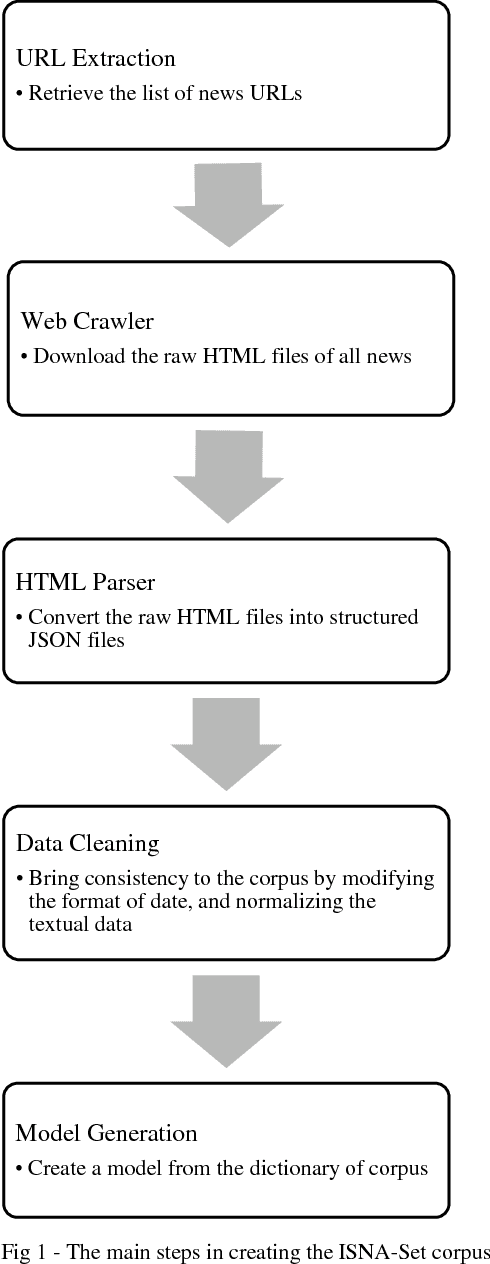
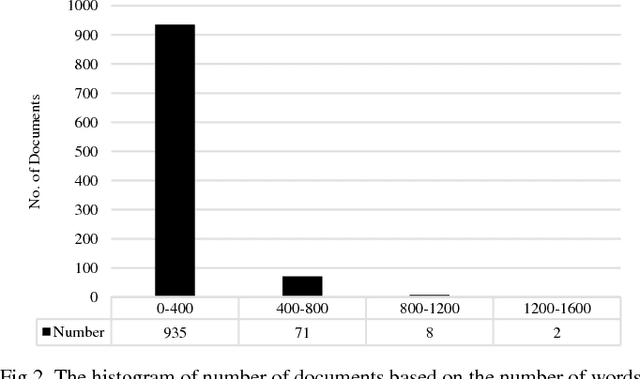
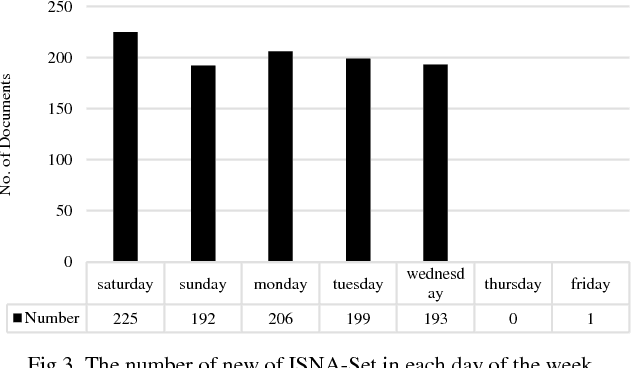
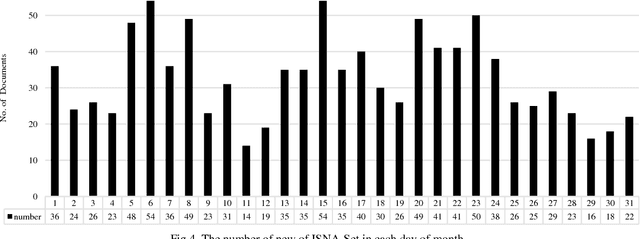
Abstract:News agencies publish news on their websites all over the world. Moreover, creating novel corpuses is necessary to bring natural processing to new domains. Textual processing of online news is challenging in terms of the strategy of collecting data, the complex structure of news websites, and selecting or designing suitable algorithms for processing these types of data. Despite the previous works which focus on creating corpuses for Iran news in Persian, in this paper, we introduce a new corpus for English news of a national news agency. ISNA-Set is a new dataset of English news of Iranian Students News Agency (ISNA), as one of the most famous news agencies in Iran. We statistically analyze the data and the sentiments of news, and also extract entities and part-of-speech tagging.
Sentimental Content Analysis and Knowledge Extraction from News Articles
Aug 09, 2018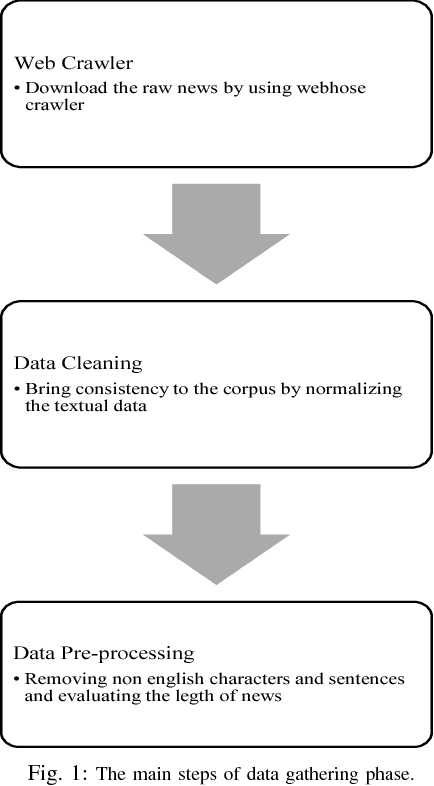
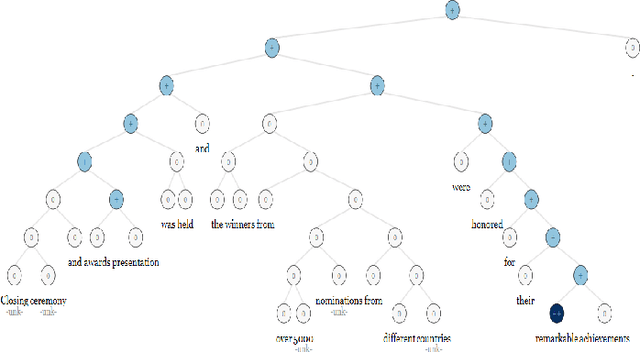
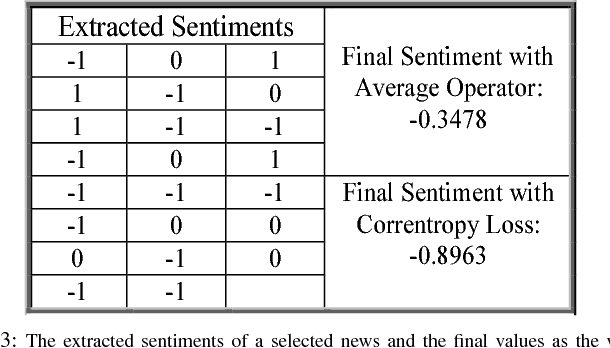

Abstract:In web era, since technology has revolutionized mankind life, plenty of data and information are published on the Internet each day. For instance, news agencies publish news on their websites all over the world. These raw data could be an important resource for knowledge extraction. These shared data contain emotions (i.e., positive, neutral or negative) toward various topics; therefore, sentimental content extraction could be a beneficial task in many aspects. Extracting the sentiment of news illustrates highly valuable information about the events over a period of time, the viewpoint of a media or news agency to these events. In this paper an attempt is made to propose an approach for news analysis and extracting useful knowledge from them. Firstly, we attempt to extract a noise robust sentiment of news documents; therefore, the news associated to six countries: United State, United Kingdom, Germany, Canada, France and Australia in 5 different news categories: Politics, Sports, Business, Entertainment and Technology are downloaded. In this paper we compare the condition of different countries in each 5 news topics based on the extracted sentiments and emotional contents in news documents. Moreover, we propose an approach to reduce the bulky news data to extract the hottest topics and news titles as a knowledge. Eventually, we generate a word model to map each word to a fixed-size vector by Word2Vec in order to understand the relations between words in our collected news database.
 Add to Chrome
Add to Chrome Add to Firefox
Add to Firefox Add to Edge
Add to Edge